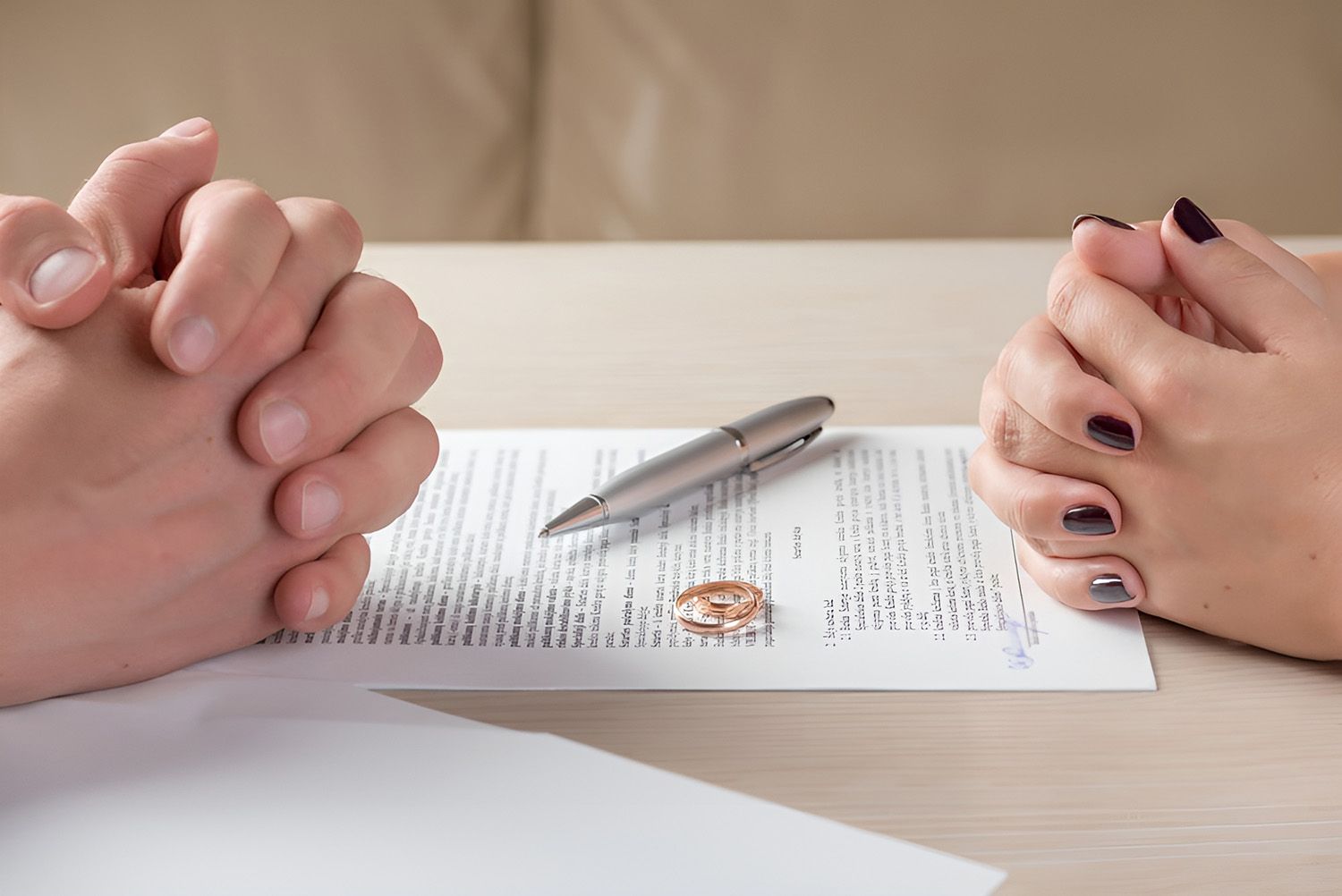The Conveyancing Process Explained: What Homebuyers Need to Know
Thinking about buying a home but not sure what conveyancing actually involves?
Whether you're purchasing your first property, upsizing, or adding to an investment portfolio, the legal side of the process can feel unfamiliar. That's where understanding the conveyancing process becomes essential. It’s not just about signing paperwork—it’s about protecting your interests, clarifying responsibilities, and making sure the property transaction proceeds smoothly.
In this blog, we’ll explain what conveyancing is, how it works, and what you can expect when working with solicitors in Wagga Wagga or surrounding areas.
What Is the Conveyancing Process?
Conveyancing is the legal and administrative process of transferring property ownership from one person to another. It involves reviewing the contract, conducting relevant checks, managing legal documents, and coordinating with banks, agents, and government bodies.
A solicitor for conveyancing can help ensure that the property transfer complies with Australian property law, that your rights as a buyer are protected, and that any issues are addressed before settlement. Their involvement is particularly valuable for navigating regional regulations and avoiding delays that may cost you time or money.
Why You Need a Solicitor for Conveyancing
When buying property in NSW—especially in regional areas like Wagga Wagga—the process includes several legal checks and obligations. Engaging a solicitor provides:
- Independent legal advice about your rights, obligations, and risks.
- Contract review and negotiation, including special conditions that may need clarification or amendment.
- Management of time-sensitive tasks, like cooling-off periods, finance deadlines, and stamp duty payments.
- Assistance with property title checks, zoning, planning restrictions, and easements.
- Guidance during settlement, when ownership officially changes hands.
Without legal guidance, buyers can overlook important details that may affect future property use or value.
Step 1: Reviewing the Contract for Sale
Once you’ve found a property, the seller’s agent or legal representative will provide a contract for sale. This is the first document your solicitor will examine.
They will:
- Check property details such as title, inclusions, and boundaries.
- Review any existing restrictions, easements, or zoning notices.
- Explain the terms, including the cooling-off period and deposit requirements.
- Discuss any special conditions you might want to request (e.g. subject to finance or pest inspections).
Understanding this contract is vital before signing, as it becomes a legally binding agreement once exchanged.
Step 2: Conducting Property Searches & Due Diligence
Once the contract is reviewed, your solicitor will conduct several searches to uncover anything that might affect the property or your future plans for it. These checks vary depending on location but may include:
- Title search to confirm ownership and existing encumbrances.
- Council zoning and planning searches.
- Land tax clearance and rates certificates.
- Environmental and contamination reports.
These searches provide clarity about the property's condition, legal standing, and any obligations you may inherit. For regional properties around Wagga Wagga, rural zoning or land use regulations can significantly affect future use.
Step 3: Coordinating with Your Lender
If you're taking out a home loan, your lender will also require certain documents and assurances before approving the loan and proceeding to settlement.
Your solicitor will liaise with your bank to:
- Provide a copy of the signed contract.
- Arrange for mortgage documentation.
- Confirm the funds required at settlement.
- Organise payout amounts and final figures.
Having a solicitor manage this process helps align your loan approval with key dates in the contract and avoid last-minute delays.
Step 4: Pre-Settlement Preparation
In the days leading up to settlement, your solicitor will finalise all necessary paperwork, confirm financial arrangements, and double-check any outstanding items.
Tasks include:
- Confirming final settlement figures with all parties.
- Checking adjustments for council rates, water, or body corporate fees.
- Coordinating with the seller’s solicitor and your bank.
- Booking a pre-settlement inspection (usually organised with your agent).
This stage is critical for avoiding costly mistakes. It’s your last chance to identify issues before ownership changes hands.
Step 5: Settlement Day
On settlement day, your solicitor will attend to the final transfer of ownership on your behalf. You typically won’t need to attend in person.
Here’s what happens:
- Your solicitor pays the balance of the purchase price to the seller.
- The title is legally transferred into your name.
- Your lender registers their interest if you have a mortgage.
- Keys are released, and you can now take possession of the property.
Once completed, your solicitor will provide you with a settlement statement and confirmation of legal transfer. You can then begin the exciting part—moving in.
Common Conveyancing Pitfalls to Avoid
Understanding the steps is one thing—avoiding common issues is another. Working with solicitors near you who are familiar with local property processes can help prevent:
- Unexpected costs, such as unpaid rates, strata fees, or incorrect adjustments.
- Missed deadlines for cooling-off periods or finance clauses.
- Overlooked zoning rules that limit renovations or intended property use.
- Delays due to miscommunication between buyer, agent, lender, and solicitor.
A proactive and responsive solicitor can help manage expectations and timelines, particularly in competitive markets or rural areas where certain regulations may differ from metropolitan standards.
How Long Does the Conveyancing Process Take?
In NSW, standard settlement periods are usually around 6 weeks (42 days), though this can vary depending on your contract or lender. Factors that may affect the timeline include:
- Finance approval delays.
- Complexity of property searches.
- Negotiations over contract amendments.
- Outstanding building or pest inspections.
Your solicitor will help you track key dates and respond to any issues as they arise.
Choosing the Right Solicitor in Wagga Wagga
When searching for solicitors in Wagga Wagga to assist with your property transaction, it’s worth considering:
- Local experience and knowledge of the regional property market.
- Clear communication about costs, timeframes, and responsibilities.
- Willingness to explain each step in plain language.
- Responsiveness when timelines are tight or issues arise.
Having a solicitor who understands Wagga Wagga and the surrounding Riverina region can provide a smoother, more informed process, especially when dealing with local council regulations or rural zoning complexities.
Explore Reliable Legal Support for Your Wagga Wagga Property Transaction
Buying a home is one of the most important transactions you’ll make, and understanding the conveyancing process may help protect your investment and avoid unexpected setbacks. With the right support, each stage—from contract review to settlement—can be managed with clarity and confidence.
At Friedlieb Fox McLeod Solicitors, we provide conveyancing services tailored to the needs of homebuyers in Wagga Wagga and the Riverina region. Contact our team today to discuss how we can support your property purchase from start to finish.







